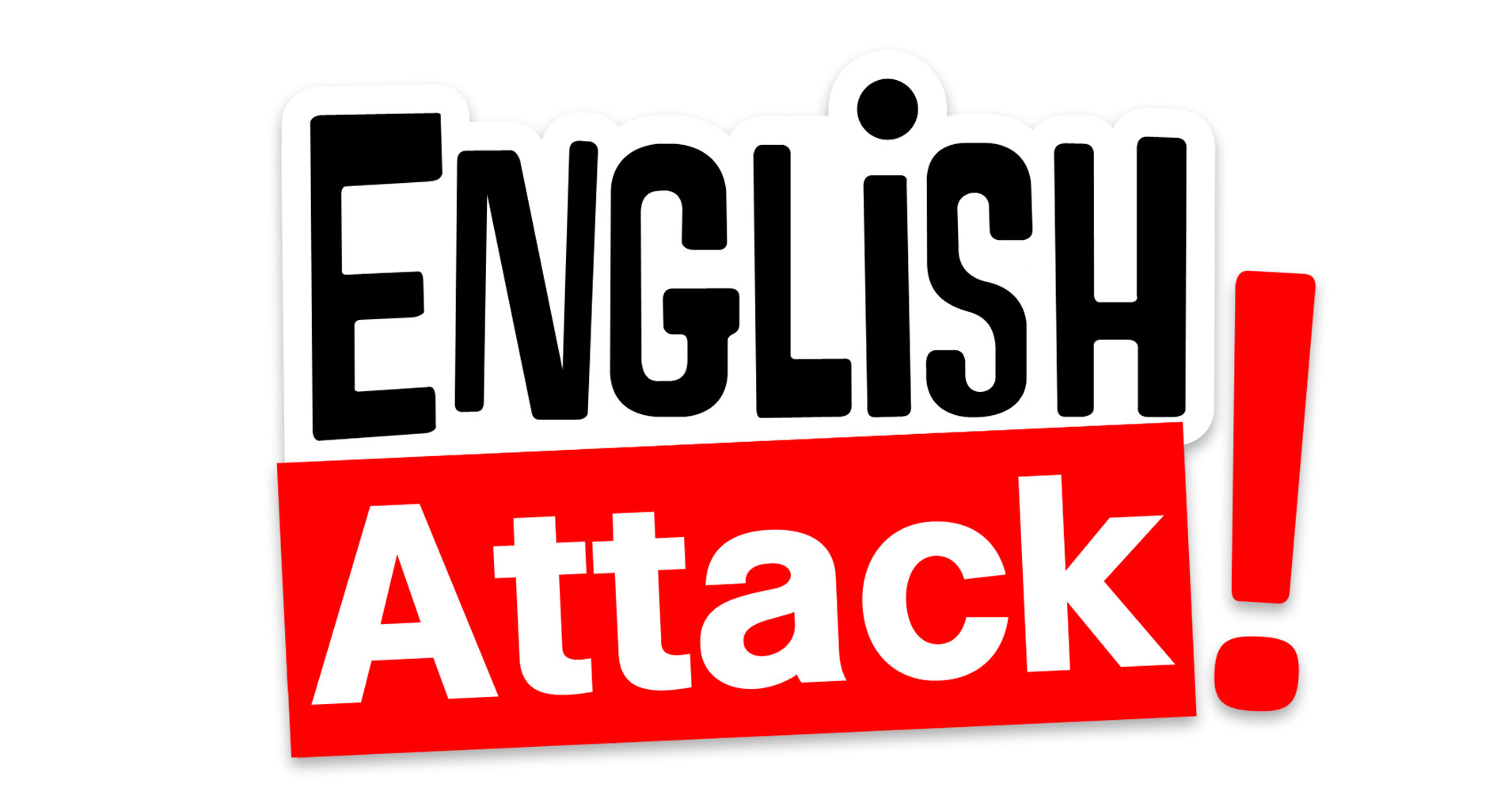For the week of October 12 to 16
1. FIRST DAY OF CLASS:
a) Present the assignment from last week: Adverbs of frequency.
b) Tag Questions Written Quiz ( the groups that didn't take the quiz last week)
c) Copy and complete the following exercise in your notebook, by hand.
Make some true sentences
about yourself.
1. I am always ________________________ in the morning.
2. I never ________________________________ at the
weekend.
3. I am never ____________________________ .
4. I sometimes _________________________ with my brother
or sister.
5. I always_________________________________ .
6. I am usually _______________________________ on
Mondays.
7. I usually__________________________________ in my
bedroom.
8. I am often ________________________________ .
9. I often _______________________________________, but
my parents don’t like it.
10. I am sometimes _________________________________
.
|
* Tenth grade H presents the project on Monday 12th.
2. SECOND DAY OF CLASS:
a) Print the following game to play in class:
HOW OFTEN DO YOU ...? BOARD GAME
b) Copy in your notebook the following text:
SIMPLE PRESENT
Auxiliary verb: do/does
1.
FORM
Positive
|
Negative
|
Question
|
I run.
|
I do not run.
|
Do I run?
|
You run.
|
You do not run.
|
Do you run?
|
We run.
|
We do not run.
|
Do we run?
|
They run.
|
They do not run.
|
Do they run?
|
For third person singular (he, she, it) we add:
·
"verb
+ s"
Example: He runs fast.
·
If
the verb ends in o, x, z, s, sh, ch, then: "verb + es"
Example: She goes to school.
·
If
the verb ends in “consonant+y” we
add “ies”
Example: It carries a bag.
|
2.
USE
a)
Repeated Actions or daily
routines: To express a repeated action.
Examples:
I play tennis.
The
train does not leave at 9 AM.
Does the Sun circle the Earth?
b)
Facts or Generalizations: To indicate a fact or to make generalizations about people or things.
Examples:
Your sister is a photographer.
Do pigs like milk?
Windows are
not made of wood.
KEY WORDS: often, always, never, usually,
sometimes,
generally, normally, rarely, seldom,
every day, month,...,
whenever, on Mondays, Tuesdays,...
|
|
Present Continuous
Auxiliary verb: Verb to be (am,
is, are)
1.
FORM
Positive
|
Negative
|
Question
|
I am speaking.
|
I am not speaking.
|
Am I speaking?
|
You are speaking.
|
You are not
speaking.
|
Are you speaking?
|
We are speaking.
|
We are not
speaking.
|
Are we speaking?
|
They are speaking.
|
They are not
speaking.
|
Are they speaking?
|
He is speaking.
|
He is not
speaking.
|
Is he speaking?
|
She is speaking.
|
She is not
speaking.
|
Is she speaking?
|
It is speaking.
|
It is not
speaking.
|
Is it speaking?
|
2. USE
a)
Now.
To express an action in
progress. Example:
I am reading the book Tom
Sawyer this week.
Aren't you teaching at the university now?
b) Arrangement for the near Future:
To express a near future event.
Examples:
I am meeting some
friends after work.
I am not going to
the party tonight.
Is he visiting his parents next
weekend?
Isn't he coming with
us tonight?
KEY WORDS: now, right now, at present, at this moment, today,
tonight, tomorrow,
Listen!, Look! ...
|
|
c) Complete the following exercise in your notebook, by hand:
Write the correct tense: present simple or continuous:
1. Look! Martin (leave) ______________________ the house.
2. Quiet
please! I (write) ______________________ a test.
3. Milena always (walk) ______________________ to school.
4. But
look! Today she (go) ______________________
by bike.
5. Every
Sunday we (go) ______________________ to see my
grandparents.
6. My brother often (go) ______________________ to the
cinema.
7. We (play) ______________________ Monopoly at
the moment.
8. The
babies usually (cry) ______________________.
9. I (not / do) ______________________ anything at
the moment.
10.
(watch / you) ______________________ the news
regularly?
|
3. THIRD DAY OF CLASS:
a)
Quiz on
Present Simple vs. Present Continuous. Memorize the
KEY WORDS.
b) Copy in your notebook the following text:
SUBJECT AND OBJECT QUESTIONS
There are two
main types of question in English.
|
SUBJECT
QUESTIONS: You want
to know who/what does something.
To make
subject questions you write 'who' or 'what' instead of the subject of the
sentence.
|
WHO/WHAT + VERB(third
person singular) + COMPLEMENT + ?
|
Example: Who
wrote Hamlet? (answer: Shakespeare wrote Hamlet.
Who is going home? (answer: My
sister is going home.)
|
|
OBJECT QUESTIONS: You want to know what someone did, or to whom/where/when.
To make Object
questions you write a Wh-word and followed by a yes/no question.
|
WH-WORD + AUXILIARY VERB +
SUBJECT + VERB + COMPLEMENT + ?
|
Example: What did Tom eat?
|
http://www.tinyteflteacher.co.uk/learning-english/grammar/subject-object-questions.html
c) Copy the following aentences in your notebook and make
Subject or Object questions for the underlined part of ecah sentence.
|
1. My friend
Anna sends me an e-mail every two days.
|
|
2. My friend
Anna sends me an e-mail every two days.
|
|
3. My
friend Anna sends me an e-mail every two days.
|
|
4. My cousins
are coming at nine o'clock.
|
|
5. This
machine isn't working today.
|
|
6. Carmen is not coming to the party because she is in Ibarra.
|
|
7. My
little brother cries all night.
|
|
8. We are
travelling with our children.
|
|
9. Cartoon
films make us laugh.
|
|
10. You are
studying very hard this year.
|
Remember:
- Make your father o mother ALWAYS sign EVERY page of your assignments.
- Paste the photocopy of the cedula of your parent that signs your assignments at the back of your notebook.



